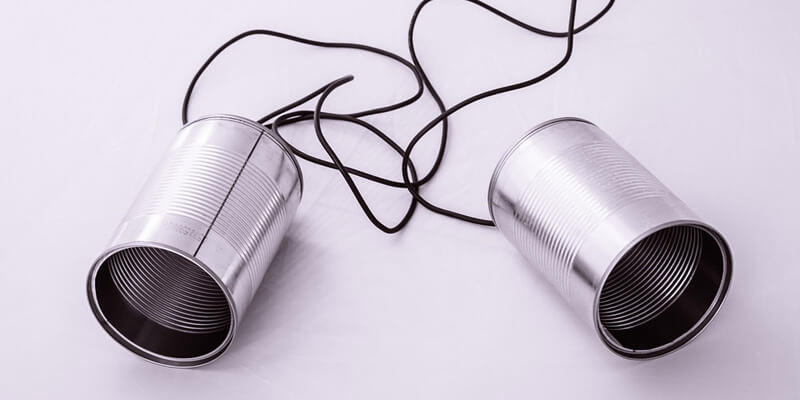GOST Method

GOST method: this article explains the GOST method in a practical way. After reading you will understand the basics of this powerful communication skills tool.
Introduction
Communication takes place everywhere and therefore also at all levels within organizations. As communication is an abstract concept, it is difficult to ascertain to which extent communication actually takes place and how effective communication actually is. To measure the effectiveness of communication, Mirjam Goes and Edwin Claassens developed the GOST Method in 2008.
GOST Method
The GOST method divides the concept of ‘communication’ into four subcategories, of which the first letters make up the GOST anagram in Dutch:
- Graphical– Graphical expressions of communication such as logos and pictograms, etc.
- Operational – Executive communications such as minutes, reports, work instructions, etc.
- Strategical – Communication as a policy instrument such as policy documents. long-term plans, etc.
- Taalkundig [Linguistic]– Communication should be easily understood by the recipients, both verbally and in writing and it should be well-phrased and well-written.
Furthermore, the GOST method distinguishes four different levels of communication within organizations:
- Organization of Communication – What forms of communication can be distinguished within an organization and who is responsible for what part?
- Internal Communication – All communication that takes place between the employees within the organization.
- Corporate Communication – All external communication to various types of audience.
- Marketing Communication – All external communication that aims at generating sales and turnover.
In addition, the GOST method looks at five different core values: Comprehensibility, Organization, Yield, Cohesion and Counter movement. To study effectiveness of communication within an organization, the GOST method uses questionnaires, observations, in-depth interviews, random checks, analyses and calculations. All information is reported in writing and supported by graphs.
Communication building
The results are represented in the so-called: “Communication Building”. This is the report form that is very characteristic of the GOST method. The Communication Building reflects the effectiveness of the communication within an organization as a scale display. The Communication Building is divided into four floors. It considers the various sub-areas, core values and levels of communication. Each floor must be solid enough to support the floor above it.
Indicators
There are 80 indicators in total (also referred to as pillars), distributed over four floors (levels). Each measured variable gets its own pillar within the Communication Building. Each indicator reflects a score. The higher the score, the larger the diameter and the more solid the building is. The Communication Building makes clear in which area communication is strong and in which area communication is weak. This conclusion can be used to improve communication, if necessary.
It’s Your Turn
What do you think? Is the GOST method or Communication Building applicable in today’s modern economy and communication world? Do you recognize the practical explanation or do you have more suggestions? What are your success factors for a good communication measurement set up?
Share your experience and knowledge in the comments box below.
More information
- Claassens, E. (2010). Het Communicatiegebouw. Article on https://prezi.com. Retrieved (20/10/2014) on https://prezi.com/x5dzlwmyxnzn/het-communicatiegebouw/
- Claassens, M. (2012). Investeren op buikgevoel? Liever niet! Article on gctwee.be. Retrieved (20/10/2014) on https://www.gctwee.be/
How to cite this article:
Van Vliet, V. (2009). GOST method. Retrieved [insert date] from Toolshero: https://www.toolshero.com/communication-methods/gost-method/
Published on: 10/20/2009 | Last update: 05/19/2022
Add a link to this page on your website:
<a href=”https://www.toolshero.com/communication-methods/gost-method/”>Toolshero: GOST method</a>






